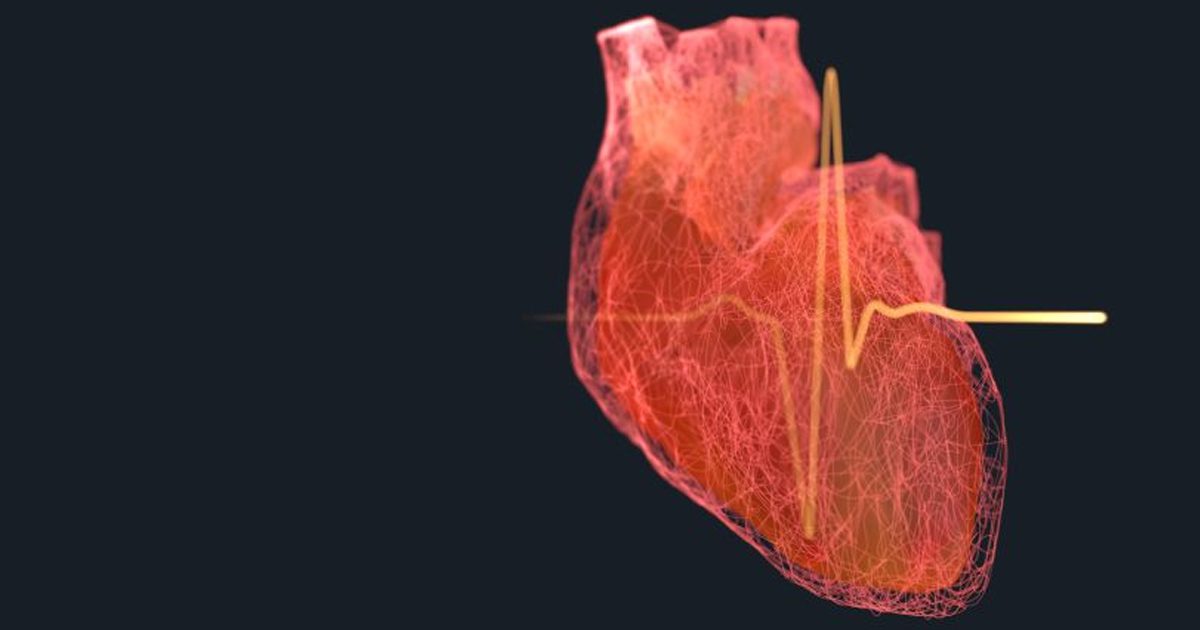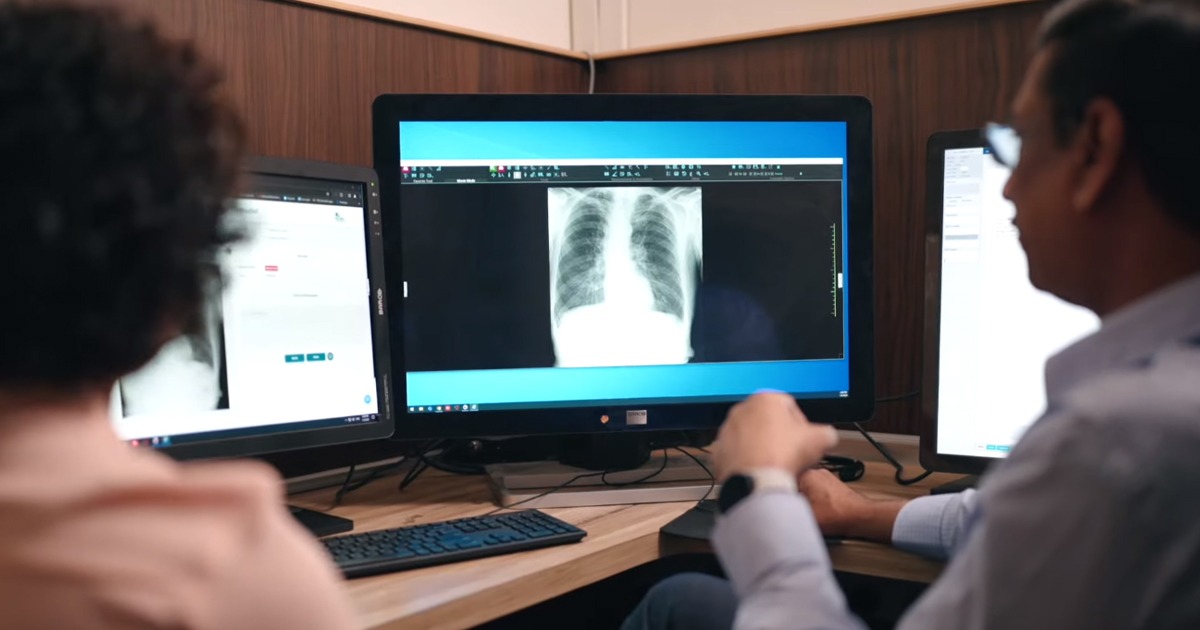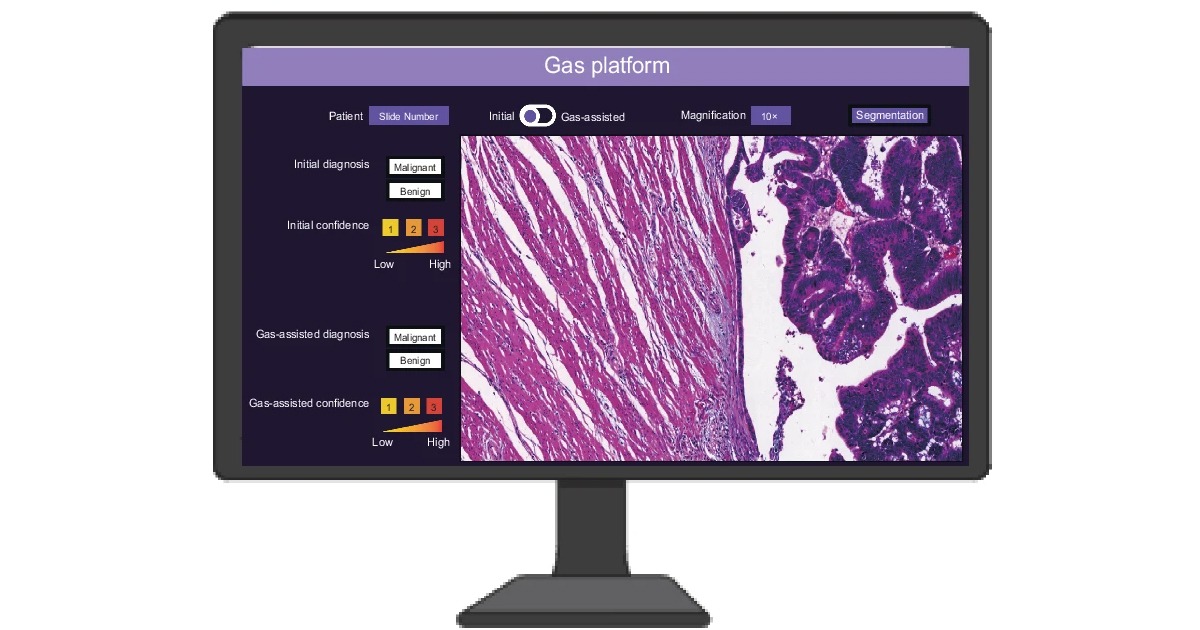El modelo de Artificial Intelligence (AI), utiliza imágenes de electrocardiogramas para diagnosticar diferentes enfermedades cardiacas.
Investigadores del Yale Cardiovascular Data Science (CarDS) Lab, de la escuela de Medicina de Yale, lograron desarrollaron un modelo basado en AI, que ayuda a mejorar el diagnóstico de arritmia cardíaca a través del análisis de imágenes de electrocardiogramas (ECG).
El equipo liderado por el especialista Rohan Khera, profesor asistente de medicina cardiovascular, explicó que la mayoría de las herramientas basadas en AI están diseñadas para desordenes clínicos individuales, por lo que tienen una utilidad limitada.
En este caso, la solución diseñada por CarDS Lab, tiene como objetivo mejorar la interpretación de ECG incluso de manera remota. Los resultados de la investigación fueron publicados en Nature: https://www.nature.com/articles/s41467-022-29153-3.

La investigación detalla que es posible mejorar la atención y diagnóstico basado en ECG en entornos remotos, por ello desarrollaron un modelo de diagnóstico automatizado multimarca para imágenes electrocardiográficas, más adecuado para un uso más amplio”.
El estudio muestra que, a través de 2,228,236 señales de ECG de 12 derivaciones en 811 municipios de Brasil se transforman en imágenes de ECG en diferentes conformaciones de derivaciones para entrenar una red neuronal convolucional (CNN).
The data correspond to patients in Brazil who were treated between 2010 and 2017, of which one in six patients was diagnosed with heart rhythm disturbances.
“Las herramientas de AI actuales se basan en señales electrocardiográficas sin procesar en lugar de imágenes almacenadas, que son mucho más comunes ya que los ECG a menudo se imprimen y escanean como imágenes. Además, muchas herramientas de diagnóstico basadas en AI están diseñadas para trastornos clínicos individuales y, por lo tanto, pueden tener una utilidad limitada en un entorno clínico donde coexisten múltiples anomalías en el ECG”, explicó Khera.
Otro punto que destacó Khera, fue que se trata de un modelo inteligente que no depende de diseños específicos de ECG, ya que tiene la capacidad de adaptarse a nuevos diseños. De esta forma puede mejorar y apoyar el trabajo de lectores humanos expertos.
De esta forma el modelo tiene el potencial de expandir la aplicación de la AI en la atención clínica, específicamente en técnicas basadas en ECG, según explicó Veer Sangha, autor principal del estudio.







